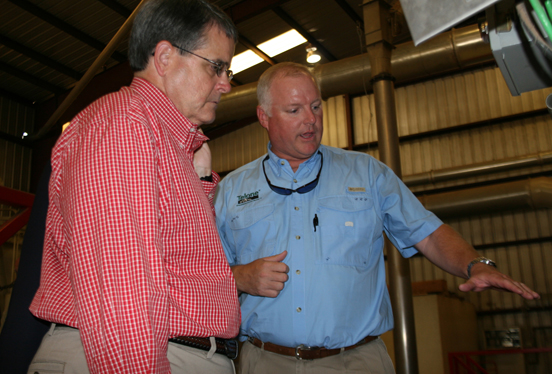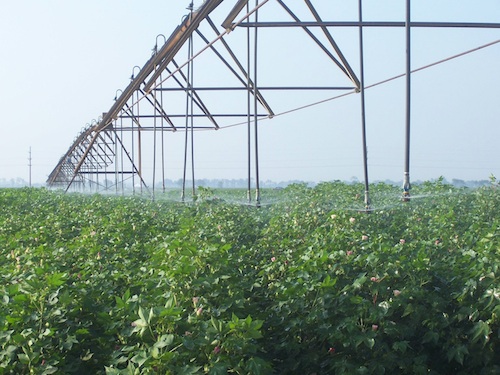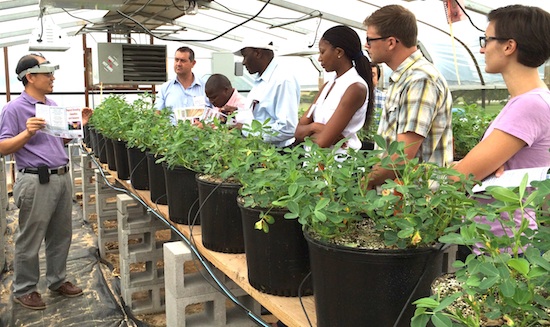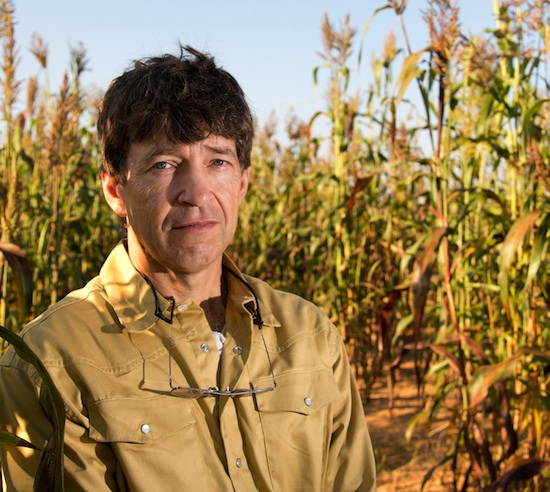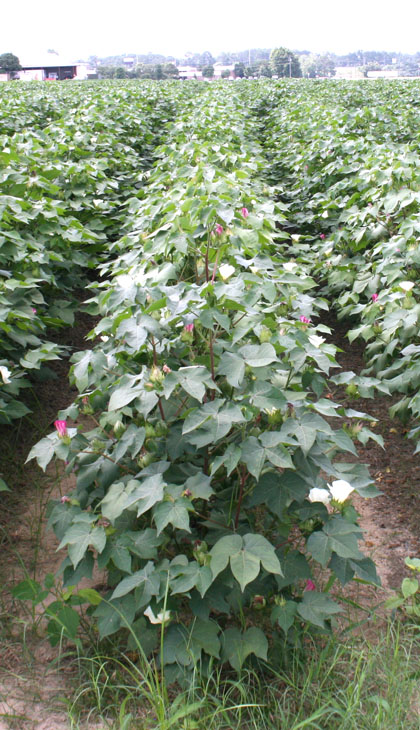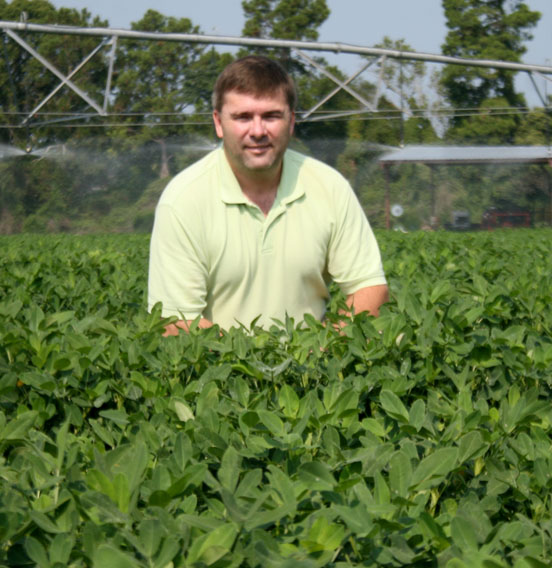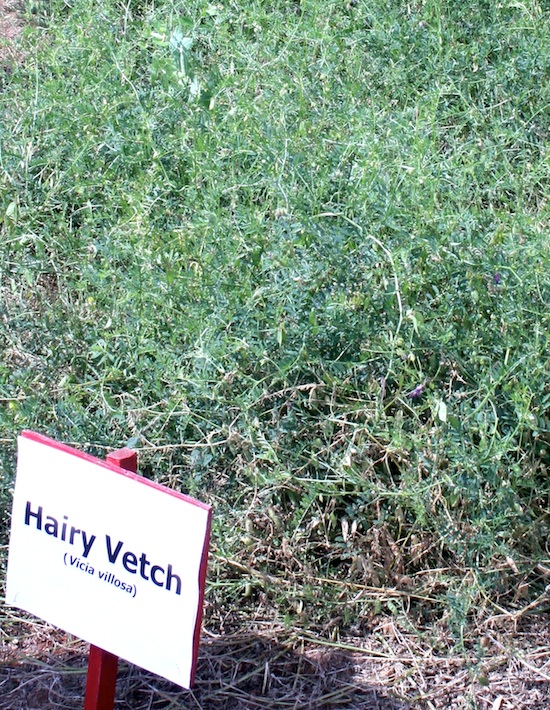 CAES News
CAES News
Fall Covers Crops
Home gardeners who plan to give their garden spot a rest this fall can plant seeds now to help next summer’s garden. A University of Georgia expert says planting a cover crop during this fall will add precious soil organic matter and nutrients that will benefit garden soil later.

